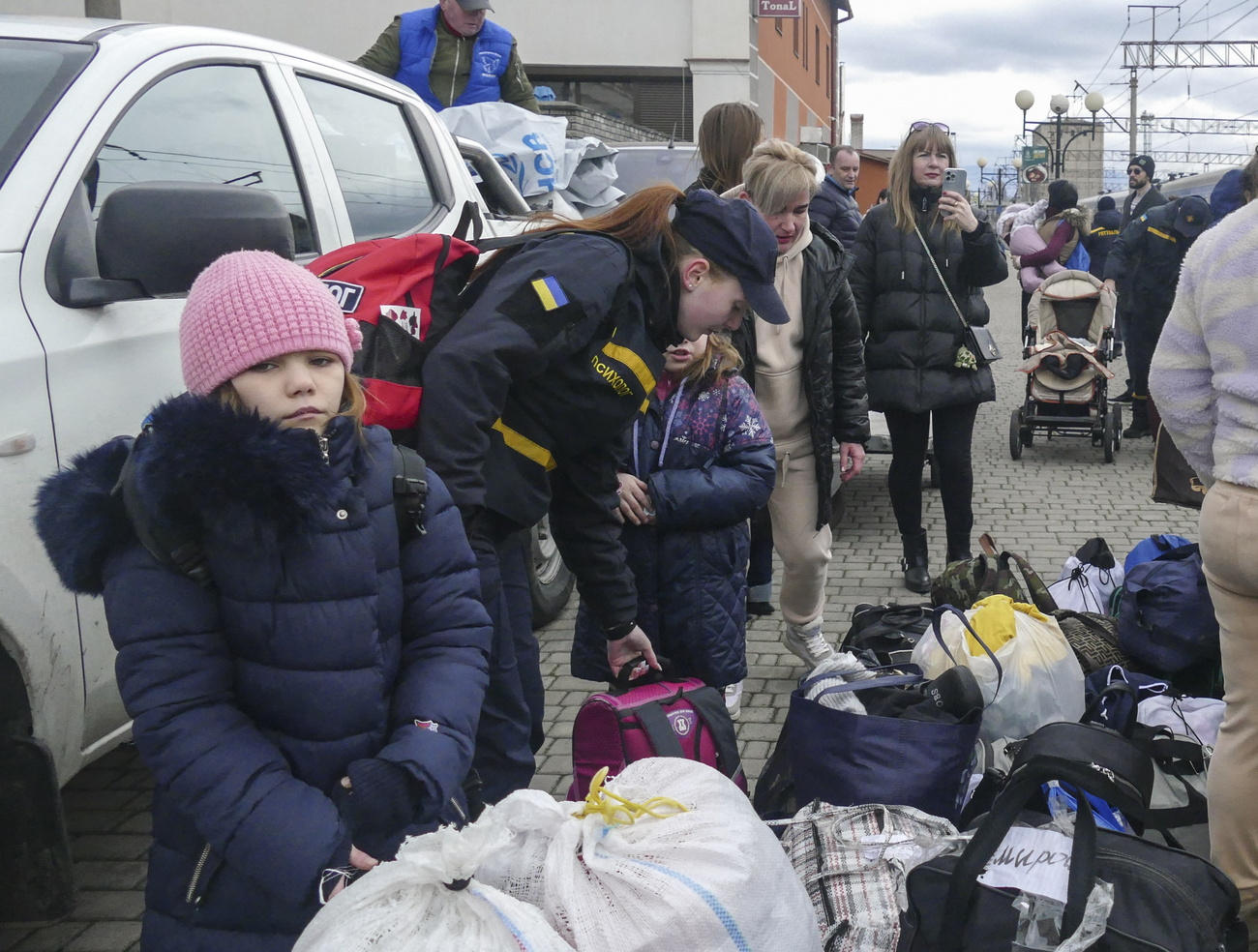
Study: Federalism a challenge not an obstacle in Covid-19 response

Swiss cantons have dealt with the pandemic with varying degrees of success, according to a study by thinktank Avenir Suisse. But clarity on the roles and responsibilities of different authorities is needed for better management of the pandemic going forward.
“Federalism has passed the litmus test of the pandemic,” according to an interim analysisExternal link of cantonal responses to the pandemic published on Wednesday by the liberal thinktank which is close to the business community. This was shown by several of the 26 cantons that have done well in many aspects of the pandemic management.
However, the study authors note that there have been challenges that are “self-inflicted” in some cases or the result of institutional shortcomings in Switzerland’s federalist system.
“Among other things, to be better prepared for future crises there will have to be more thorough crisis preparedness, clearer responsibilities, and efforts to disentangle federalist structures,” the authors note.
Since the government declared the pandemic an “extraordinary situation” in March 2020, the national government has been responsible for announcing nationwide measures to curb the pandemic. However, cantonal authorities have still had a lot of autonomy when it comes to many aspects of the pandemic response.
The Avenir Suisse study analysed the response of cantons in several key aspects such as contact tracing, hospital management, vaccination roll-out and school protection measures. It found that the effectiveness in dealing with the pandemic ranged across cantons. The speed of the vaccination roll-out varied across cantons, creating an “impression of hesitancy” that has continued in the booster campaign.
Different approaches can also be found in the way cantons approached protection in schools. The decision to conduct Covid-19 testing depended largely on the financial and human resources deployed, the study notes. During high case numbers in autumn 2021, only cantons Zug and Graubünden conducted regular (twice a week) testing in schools.
Roles and responsibilities
The findings point to a couple of key challenges with the federalist system. One is the use of different systems for things like contact tracing and recording data.
“It has not been possible to assure the flow of information between cantons because they have different contact tracing systems,” the thinktank noted in a statement. “A nationwide contact tracing system is urgently needed.”
The authors also highlight the need for better information flow and demarcation of roles and responsibilities between the cantonal authorities, the federal government and the cantonal health directors. What is interpreted in public as hesitation and procrastination on the part of the cantons, explains Avenir Suisse, is actually the result of a lack of clarity on roles that hinders cantons’ ability to deploy resources.
The cantonal health directors responded to the report stating that federalism isn’t an obstacle. “There is no evidence that centralised countries are fundamentally better at managing the crisis,” spokesman Tobias Bär told the Swiss news agency, Keystone-SDA.

More
Coronavirus: the situation in Switzerland

In compliance with the JTI standards
More: SWI swissinfo.ch certified by the Journalism Trust Initiative



























You can find an overview of ongoing debates with our journalists here . Please join us!
If you want to start a conversation about a topic raised in this article or want to report factual errors, email us at english@swissinfo.ch.